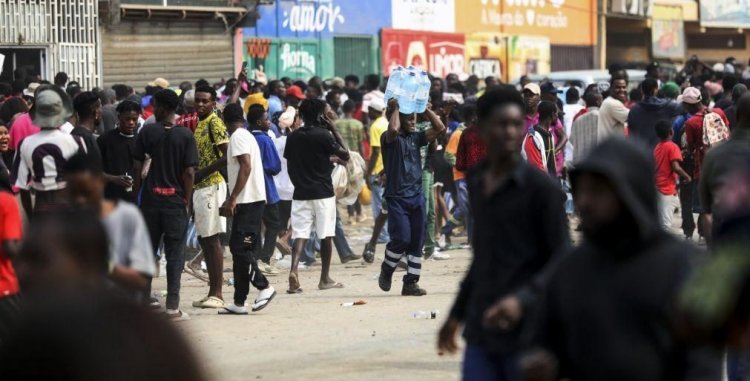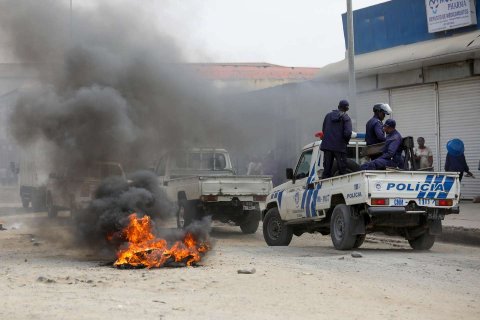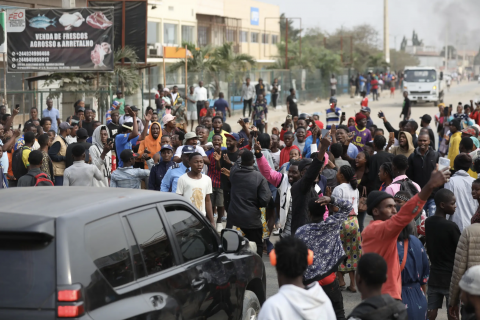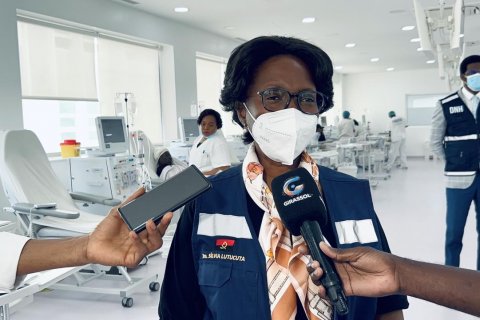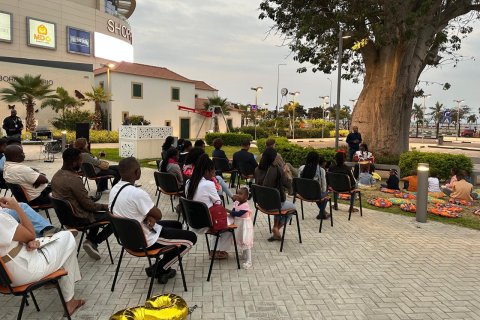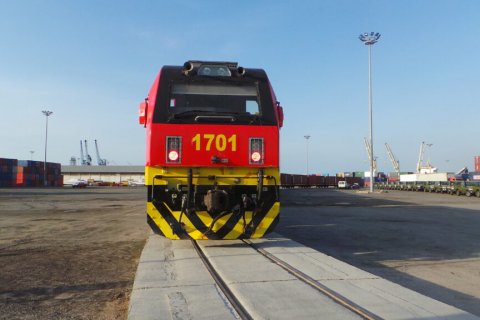Around 9:30 am, in the Comarca area – an access road to Cacuaco, one of Luanda's poorest areas – a crowd gathered to attack an Angomart supermarket. The road was blocked, and police fired warning shots to disperse the crowd, Lusa verified at the scene.
Reports gathered by Lusa journalists point to similar looting at several food stores in other areas of Luanda, accompanied by gunfire and clashes.
Videos shared on social media show attempted invasions of the Cidade da China mega-shopping center, as well as makeshift barricades with burning tires on Luanda's main access roads.
Some of these images mention deaths, with authorities announcing that four people have already died during the riots.
Due to the widespread climate of insecurity, several commercial establishments, banks, and public institutions announced the precautionary closure of their activities this Tuesday, and many companies are keeping employees working remotely while they await a return to normality.
The protests follow a nationwide taxi drivers' strike called to protest the fuel price hike.
Although the National Association of Taxi Drivers of Angola (ANATA) announced the cancellation of the strike after negotiations with the Luanda Provincial Government, the protests degenerated into acts of vandalism in several neighborhoods of the capital.
On Monday, Luanda had already seen clashes, looting, and roadblocks, requiring police intervention.
This Tuesday, a heavy police presence remains in place at strategic points in the city, including the presence of armored vehicles and military personnel.
The removal of fuel subsidies has generated strong social protests due to the impact on the cost of living for Angolans, who are already struggling with inflation levels of around 20 percent.

